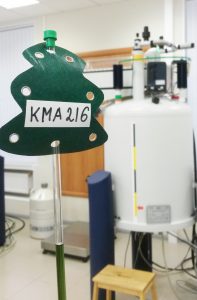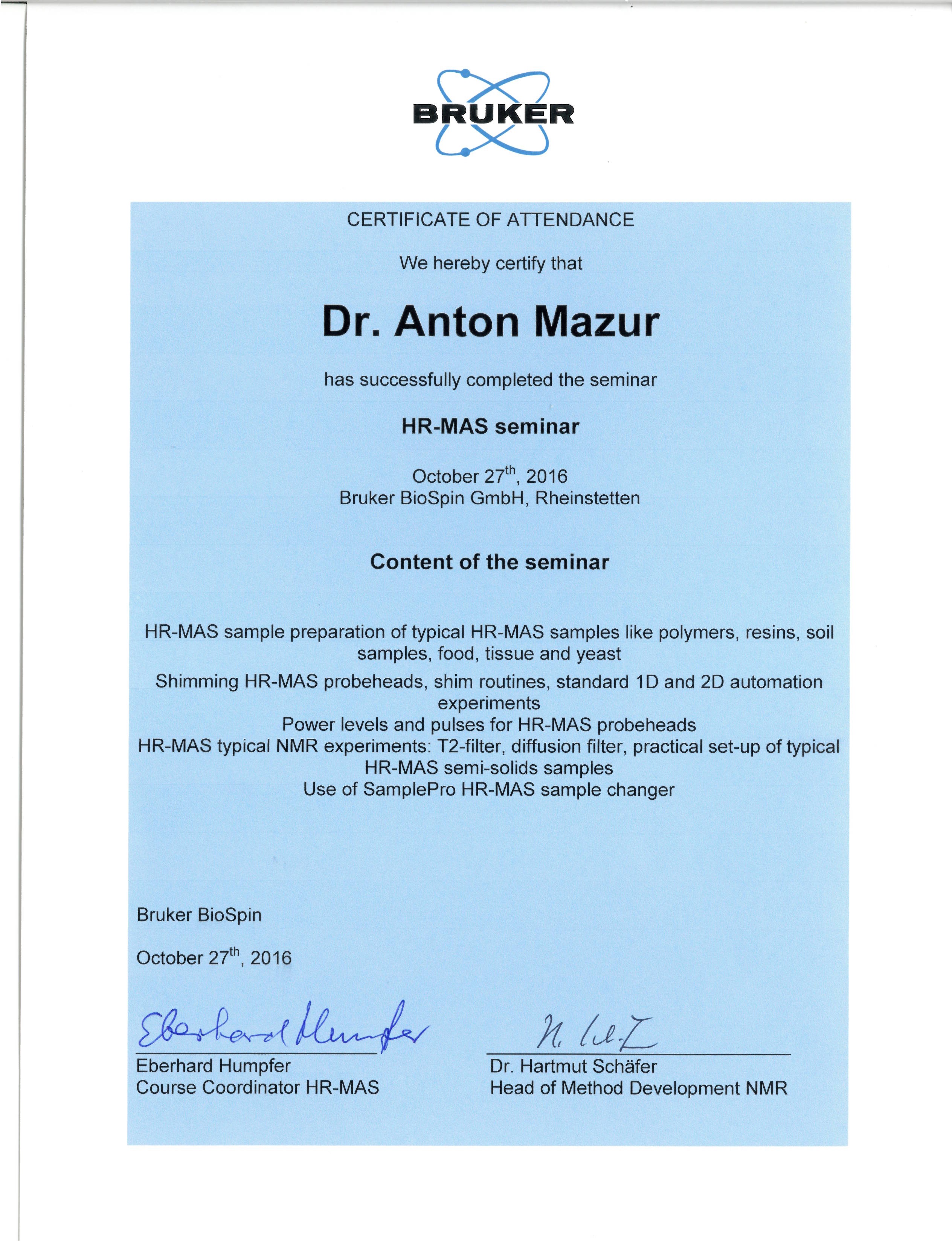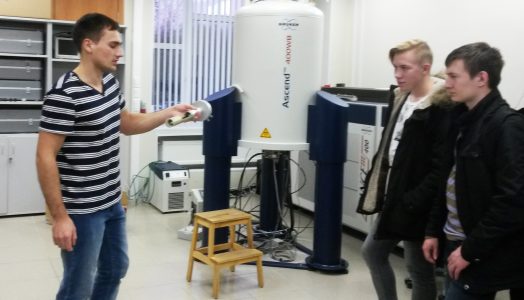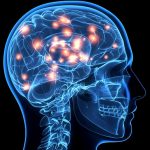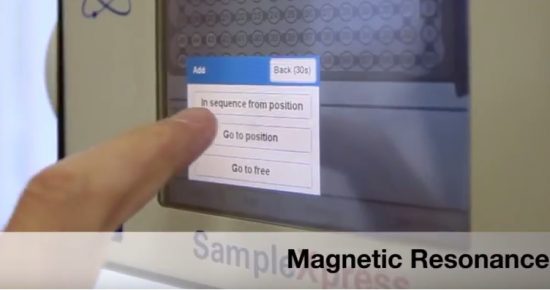
In total, 99 new projects have been submitted to CMR in 2016. More than 21 000 individual measurement requests have been fulfilled. We hope that in 2017 our contribution to the research and education will be even stronger! Good luck with your work!
Archive for Daybook
CMR projects in 2016
December
Total in December 1938 service applications were carried out.
All together measured:
- 1852 1H spectra
- 310 13C spectra
- 155 DEPT spectra
- 22 COSY spectra
- 15 NOESY spectra
- 36 31P spectra
- 28 19F spectra
212 applications were carried out.
NMR soundtreck
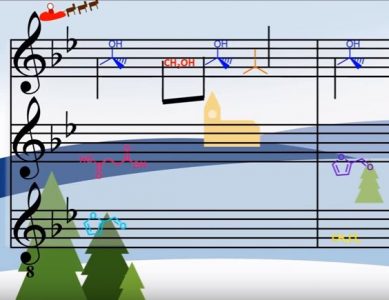 Previously we have written about the PC program playing back FID data (see the post from 29.04.2015). There is a logical continuation of this idea: a whole Christmas song performed on NMR spectra of molecules, see also the original blog entry by Andrew Hall from the University of Bath.
Previously we have written about the PC program playing back FID data (see the post from 29.04.2015). There is a logical continuation of this idea: a whole Christmas song performed on NMR spectra of molecules, see also the original blog entry by Andrew Hall from the University of Bath.
Workshop in CMR
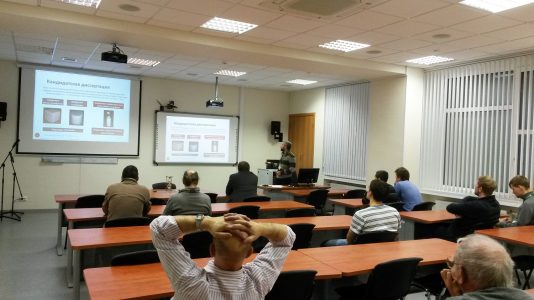
Dr. Konstantinos Sotiriadis (Institute of Theoretical and Applied Mechanics, Academy of Sciences of the Czech Republic) has presented a short lecture about his scientific work and current investigations in CMR.
Spinus-2016

An Excursion for participants of 13 International Youth School-Conference “Magnetic resonance and its applications – Spinus-2016” was conducted in CMR. A modern NMR, EPR, NQR equpments and some current investigations were demonstrated for our visitors. Peter Tolstoy has presented to the participants of Spinus-2016 a lecture titled “Cooperativity of Strong Hydrogen Bonds Studied by Liquid State NMR Spectroscopy”
Guests in CMR
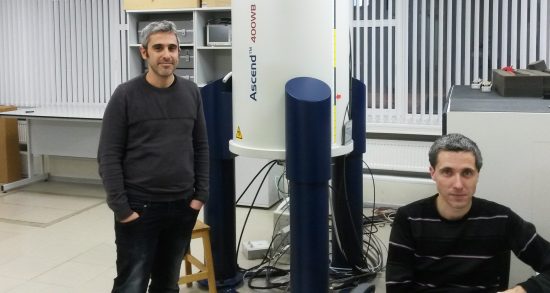
Dr. Konstantinos Sotiriadis Institute of Theoretical and Applied Mechanics, Academy of Sciences of the Czech Republic. The work of Dr. Sotiriadis at CMR will be dedicated to the study of magnesium-containing cements by solid-state NMR spectroscopy.
MRI
Functional MRI (fMRI) is 25 years old, yet surprisingly its most common statistical methods has not been properly validated. A recent study published in PNAS has found that that the most common software packages for fMRI analysis can result in false-positive rates of up to 70% instead of expected 5%. These results question the validity of some 40,000 fMRI studies and may have a large impact on the interpretation of neuroimaging results.
